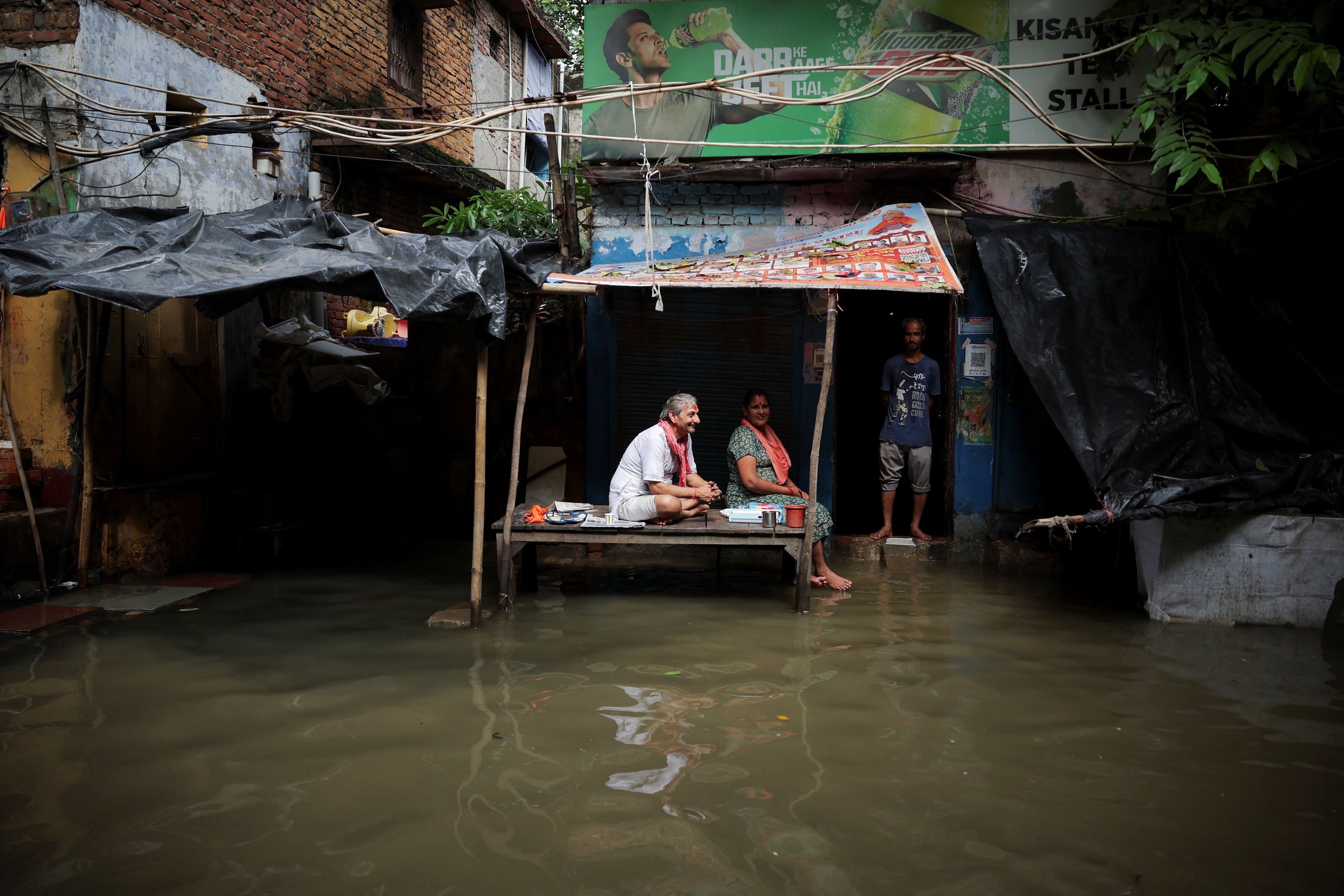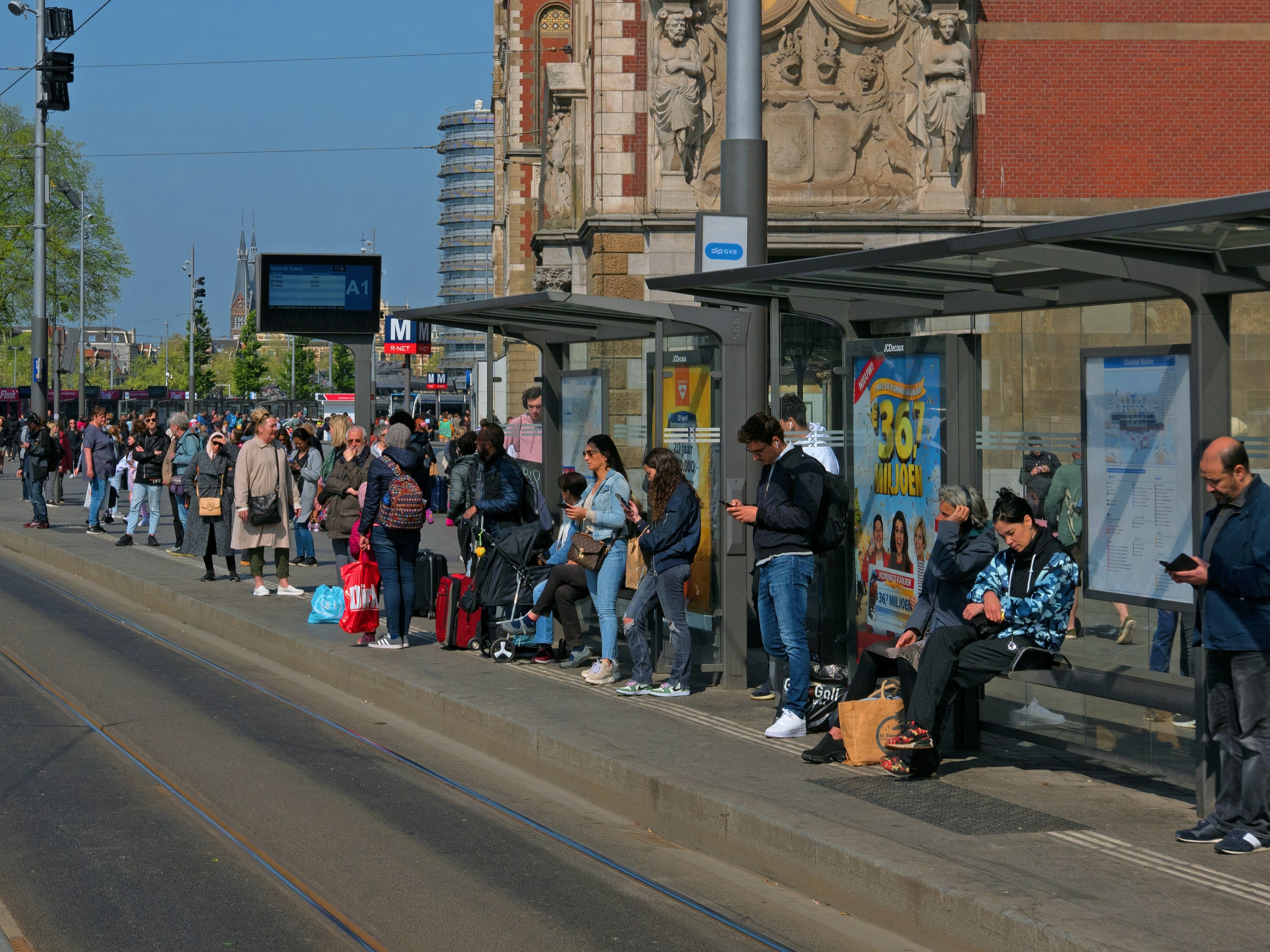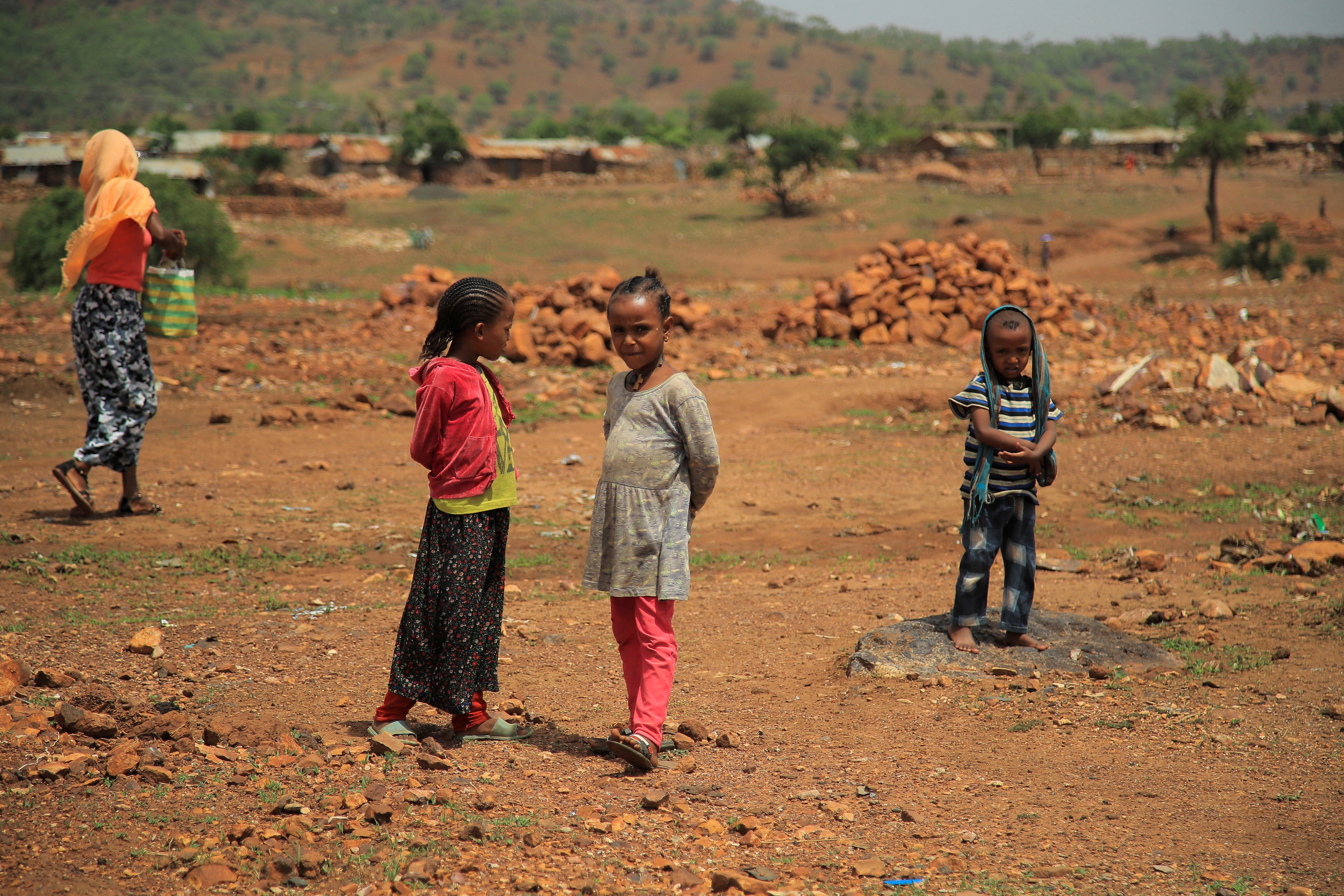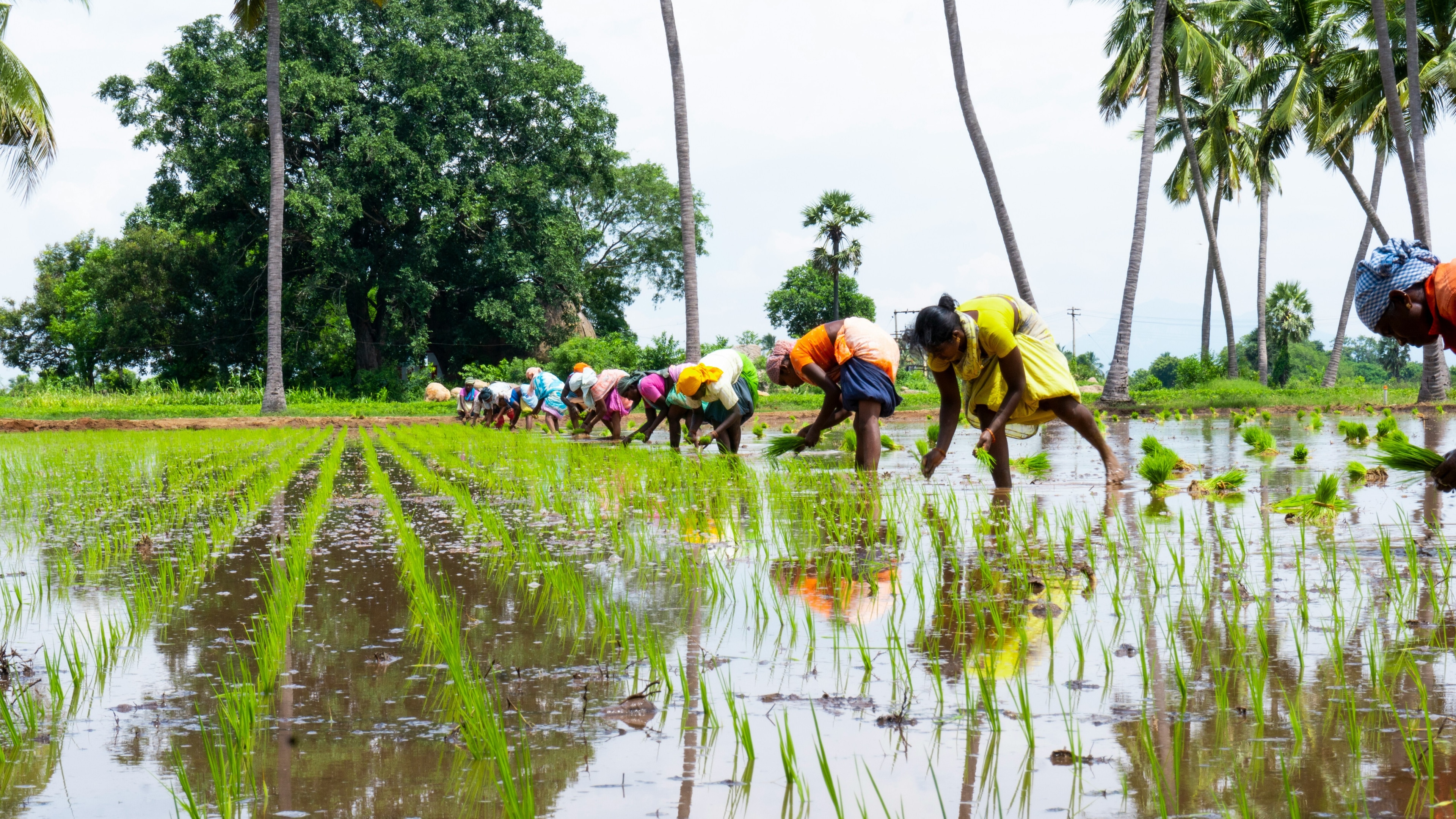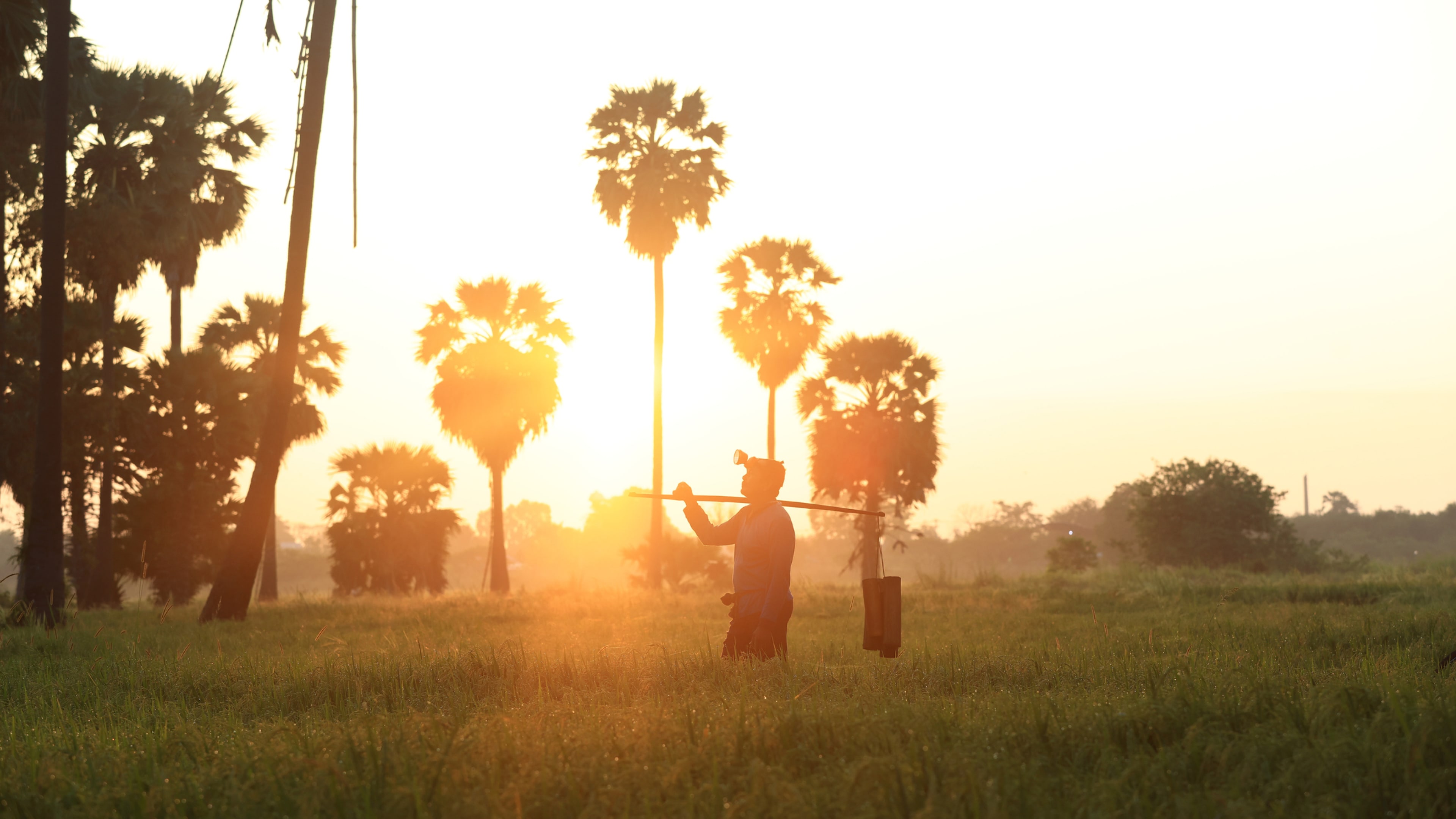Opinion
Sudan: Learning lessons from the past in search of peace

Upcoming Geneva talks on the Sudan war could alleviate the suffering of millions of Sudanese people. Image: REUTERS/El Tayeb Siddig
Mohamed Elshabik
Humanitarian professional & Former Undersecretary, Ministry of Labour and Social Development, Sudan- Sudan has been embroiled in a civil war since April 2023 that has claimed more than 15,000 lives and displaced 11 million people.
- The warring parties have been invited to Geneva for peace talks to end the fighting and help civilians.
- Two previous peace agreements have failed, but if negotiators consider lessons from the past, the Geneva talks could be different.
On Tuesday, 23 July 2024, the United States Secretary of State Antony Blinken announced that the US had invited the Sudanese warring parties to talk in Geneva. Co-hosted by Switzerland and Saudi Arabia, the talks scheduled for 14 August aim to put an end to the fighting in Sudan that erupted on 15 April 2023 between the Sudan Armed Forces (SAF) and the Rapid Support Forces (RSF). Currently, the RSF Chief Commander has accepted the invitation and the SAF has set out conditions for participation.
Today, only three states out of eighteen have not been directly affected by fighting.
The human toll is staggering. More than 15,000 people have been killed in war-related violence, and over 11 million people have been displaced. Trade, agriculture and local markets have been disrupted. Food stock has depleted. More than half the population, nearly 26 million people, are now facing crisis levels of hunger. These are not just numbers, but they represent the suffering and desperation of millions of individuals.
The potential talks in Geneva are a culmination of recent diplomatic engagements between different elements. Earlier meetings and multiple conversations in Jeddah, Djibouti, Addis Ababa, Manama and Cairo laid the groundwork. In July, we also witnessed diplomatic activity by the Saudi Arabian Vice Minister of Foreign Affairs, the Ethiopian Prime Minister and the Qatari Minister of State for Foreign Affairs to Sudan, as well as a phone call between Sudanese Army leader General al-Burhan and the President of the UAE, Sheikh Mohamed bin Zayed Al Nahyan. Further, a crucial call in early August between Antony Blinken and General al-Burhan signal a collective desire to end the conflict that has exhausted the Sudanese people.
If they go ahead, talks in Geneva have three specific goals: to reach a nationwide cessation of violence, to enable humanitarian access and to develop a robust monitoring and verification mechanism to ensure the implementation of any agreement.
The US is a crucial mediator
The historical impact of US involvement in Sudan's previous conflicts cannot be overlooked. The Comprehensive Peace Agreement (CPA) 2005, brokered by the US, successfully ended the Second Sudanese Civil War. Following the events of September 11 and the wars in Afghanistan and Iraq, Sudan's civil war became a focal point for the Republican administration. On his second day in office, President George W. Bush directed his staff to work on ending Africa's longest-running war.
The Bush administration shifted from a policy of isolation in the 1990s to direct involvement. John Danforth, the then-presidential envoy to Sudan, was assigned the mission of advancing the ongoing negotiations between the conflicting parties. Danforth's vigorous mediation efforts culminated in the signing of the CPA in 2005. The decisive American involvement and dedication brought the warring parties to the negotiating table and yielded a historic peace deal. There are some lessons to be learnt from those negotiations
Learning from Danforth's Test approach
Danforth’s approach during the CPA process was founded on three basic premises: First, the protection of Sudanese civilians; second, they obliged the parties to change past patterns of behaviour and to make tough political choices; third, the proposals provided for international involvement and monitoring to maximize the chances of being respected.
Danforth designed four proposals to test the parties' commitment to the deal. The concept was instead of signing or drafting a completely new agreement to end hostilities, a restructured process of engagement could bring the parties through a series of concrete test proposals that would challenge their military and political tactics, while at the same time reducing the suffering of Sudanese people.
Multiple agreements have been signed — most prominently the Jeddah and Manama agreements — to enable the delivery of humanitarian aid, end the hostilities and build trust. None has been implemented.
To deliver effective results, this article suggests three proposals — following in the footsteps of Danforth's proposals in the test approach.
Proposal 1: Ceasefire and humanitarian access and aid delivery to North Darfur and al-Jazira states.
This proposal facilitates humanitarian access and aid delivery to North Darfur and al-Jazira states. A focus on al-Jazira and North Darfur will allow for the parties to reaffirm the declaration of principles signed in Jeddah, but to be implemented in the first test in the two states. North Darfur and al-Jazira states, because of the severity of humanitarian needs and geographical diversity, are relevant choices. Both states will offer tests for both parties’ commitment to allow and facilitate access to humanitarian aid to areas not under their control. The protection of the Sudanese civilians caught between the opposing parties is the core condition of the test plan. The Jeddah Declaration of Commitment to Protect the Civilians of Sudan, signed on 11 May 2023, outlines all the necessary actions that should be undertaken by both parties in respect of International Humanitarian Law to facilitate the rapid and unimpeded passage of humanitarian relief. The declaration of principles must be emphasized, but some practical articles should be added, such as the cross-border and crossline operations.
Proposal 2: Days of tranquillity and cessation of hostilities.
This test is for the parties to stand down militarily and to allow relief personnel unhindered and continuing access to areas under their control. The Geneva mechanism needs to develop a modality for delivering aid and a task force for the first two test approaches in North Darfur and Al-Jazira. These could be organizations that have good operational capacities, such as three UN agencies — UNICEF, WFP, UNHCR, for example — and three international organizations like Doctors Without Borders, the Norwegian Refugee Council or Save the Children, depending on operational capacities. Because of conflict sensitivity, Sudanese national inclusion should be included in the modality to support the new mechanism with contextual knowledge. Local actors must be involved and their safety and protection must be assured. Operations across frontlines will be essential for the success of the test approach. Cross-border operations have also achieved limited success so far due to war-related logistical and operational constraints. Humanitarian access and the delivery of aid need to be taken with further specialized groups, and support for local actor groups needs to be further utilized. The Geneva talks will have to propose a dedicated humanitarian task force mechanism for follow-up with both parties and to avoid repeating the failure of Jeddah; this team has to include independent experts with national and contextual knowledge.
How is the World Economic Forum helping to improve humanitarian assistance?
Proposal 3: Monitoring and verification mechanism.
An international monitoring mechanism would be vital to the success of the test approach. It is obvious that both parties will be willing to commit in principle to not attacking civilians, but that such promises are too often short-lived. A Saudi monitoring team to witness this promise being upheld would be well suited to lead the international monitoring mechanism, because Saudi Arabia has maintained good relations and respect with both parties. These relations and mutual collaborations remain intact as of today. A Saudi Arabia-led team of 20-25 monitors in both locations composed of International Committee of the Red Cross and African Union civil-military monitoring professionals would be ideal. The international monitoring mechanism will help to ensure the parties' commitment and will have the advantage of making it harder for the world to turn a blind eye to the Sudan conflict.
Avoiding past pitfalls in Sudan's peace process
There are also some pitfalls to be avoided from the CPA. The test approach paved the way for an exclusive CPA agreement as the peace talks were predominantly limited to the NCP Government and the Sudan People's Liberation Movement (SPLM), excluding significant civil society stakeholders and other democratic political factions. During the implementation of the four proposals, all stakeholders gradually became more comfortable working with each other, but this narrow focus undermined the inclusivity essential for sustainable peace and genuine democratic transition. The result was the secession of South Sudan and an autocratic state in the North. Consequently, the agreement struggled to achieve long-term stability and failed to prevent subsequent conflicts. For the Geneva talks to succeed, it is imperative to repeatedly emphasize the objective and ensure that a more inclusive dialogue incorporating the perspectives and needs of civilians, civil society organizations and multiple political entities is forthcoming. Such an approach would help lay the groundwork for a more comprehensive and democratic framework, fostering lasting peace and stability in Sudan. For the people of Sudan, these upcoming negotiations are not just a cessation of hostilities; they are a new beginning to resume the December Revolution.
Don't miss any update on this topic
Create a free account and access your personalized content collection with our latest publications and analyses.
License and Republishing
World Economic Forum articles may be republished in accordance with the Creative Commons Attribution-NonCommercial-NoDerivatives 4.0 International Public License, and in accordance with our Terms of Use.
The views expressed in this article are those of the author alone and not the World Economic Forum.
Related topics:
Forum Stories newsletter
Bringing you weekly curated insights and analysis on the global issues that matter.
More on Resilience, Peace and SecuritySee all
Shoko Noda and Kamal Kishore
October 9, 2025
